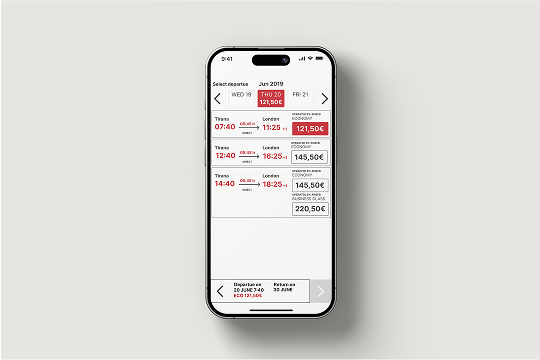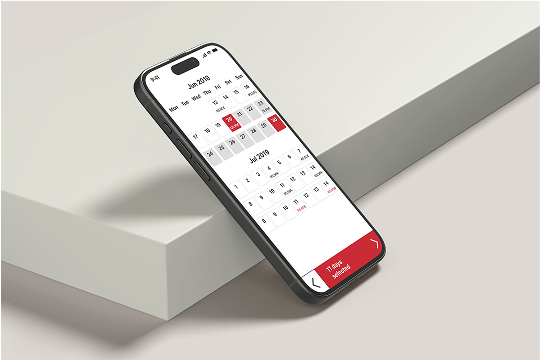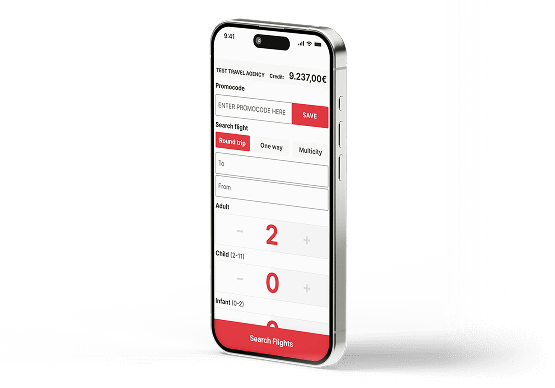Albawings
Albawings

Company description
Albawings is an Albanian airline providing passenger services on domestic and international routes. The company decided to develop a dedicated booking system focused on mobile devices to meet the needs of its customers and streamline the process of booking and handling flights. The company was founded in February 2015. The first aircraft in its fleet was a Boeing 737-500 named “Spirit of Tirana.” Albawings ceased operations on January 12, 2024.
Project description
The goal of the project was to create a modern reservation system based on a proprietary solution, enabling ticket purchase, online check-in, management of additional services and modification of reservations. The system was to be optimized for mobile devices, such as phones and tablets, to provide convenience for users who prefer to operate from mobile platforms. With the system in place, Albawings was able to effectively serve passengers at every stage of the booking and flight process, providing them with convenience and access to all key functions from both the mobile app and web panel.
Project goals
To provide a comprehensive booking solution for individual and corporate customers
Enable online ticket purchase and check-in
Increase the intuitiveness and efficiency of the system through an optimized UX/UI

RWD web application
The application developed as part of the project for Alba Wings allows customers to purchase tickets online, view routes, select flights, and manage additional services such as seat selection, meals and baggage. Users were able to book pet seats, change flights, and refund or exchange tickets in case of delays.



The app also offered full online check-in functionality, where passengers could enter their documents and data, and then generate a boarding pass directly in the app. In addition, the app was fully optimized for mobile devices such as phones and tablets, ensuring intuitive and convenient use.
CMS panel
The CMS panel allowed employees to manage routes and reservations, including adding new routes and enabling or disabling existing ones. With the panel, it is also possible to configure available ancillary services and edit content displayed on both the mobile app and the web panel. The CMS also allowed defining payment methods for different routes and regions, which increases the flexibility of the offering. In addition, the system provided monitoring of the availability of services, such as extra baggage or meals served on board, allowing the offer to be adjusted to customers’ needs on an ongoing basis.

Challenges
One of the biggest challenges during the project was the integration with iFlyRes, an advanced reservation system developed by IBM.
This required detailed analysis and adjustment of the technical infrastructure to ensure full compatibility with this global solution, which was a key operational component of the project.
Results
- Creation of a responsive booking system dedicated to mobile devices
- Improved customer experience through an intuitive interface and UX/UI optimization
- Increased efficiency of route and reservation management through an integrated CMS
- Improve customer satisfaction and streamline booking processes through features available to both individual and corporate customers
- Gain a competitive advantage in the market through the use of modern technology solutions